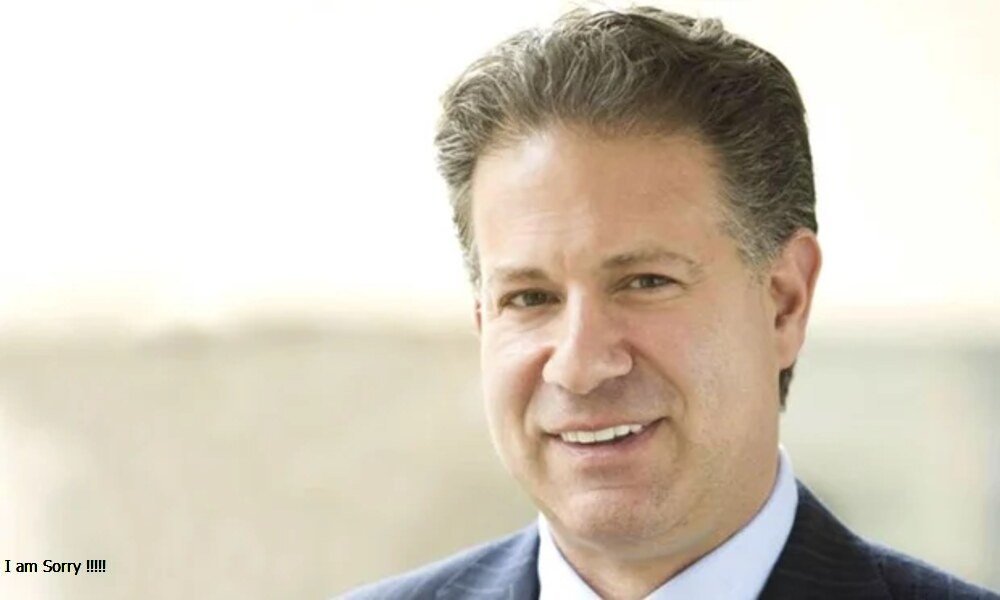Introduction – Why This Tymoff Quote Is Capturing Minds Online
In an era where emotional exhaustion has become an unfortunate norm, the quote “the less you care, the happier you will be. – Tymoff” resonates with millions. Shared widely on Instagram captions, TikTok voiceovers, and Twitter threads, this short sentence has become a silent anthem for those tired of overthinking and over-giving. It’s not just a catchy phrase—it’s a mindset, a subtle act of rebellion against the pressure to please everyone and care about everything.
What makes this quote especially powerful is its timing. With rising levels of stress, digital burnout, and social comparison, the desire for inner peace has never been greater. This Tymoff quote cuts through the noise with a bold yet freeing message: caring less might be the first step toward personal happiness.
Understanding the Meaning – What Tymoff Meant
At its core, “the less you care, the happier you will be. – Tymoff” is not an invitation to become apathetic or unkind. Instead, it’s a lesson in emotional discernment. Caring less doesn’t mean you stop loving, helping, or empathizing—it means you start setting limits on where your energy goes.
There’s a vast difference between emotional detachment and emotional numbness. Detachment allows you to step back, evaluate your priorities, and redirect your energy into what truly serves your peace of mind. Avoiding negativity, drama, or unnecessary expectations is a conscious choice.
Tymoff’s quote emphasizes the liberation of not giving every situation or person the power to disturb one’s inner world. It’s about choosing one’s mental well-being over the societal demand to always be engaged or reactive.
Who Is Tymoff? Unveiling the Mystery Behind the Name
One reason this quote has sparked curiosity is its source—Tymoff. Unlike traditional philosophers or influencers, Tymoff remains an enigma. There are no public interviews, photos, or official biographies available. Yet, Tymoff’s name is stamped on numerous viral quotes across the internet.
This anonymity has only fueled the intrigue. Many people interpret Tymoff as a pseudonym or a symbolic representation of a broader movement toward minimalist thinking and emotional clarity. In the age of digital wisdom, anonymous thinkers like Tymoff are thriving, providing people with short but impactful truths that speak volumes.
Platforms like Instagram, TikTok, and Pinterest have become fertile ground for such quotes, and Tymoff’s words stand out for their simplicity and depth. They serve as a quiet companion to those on their journey to emotional self-sufficiency.
The Psychology Behind Caring Less
Modern psychology supports that reducing emotional investment in non-essential matters can significantly improve mental health. Decision fatigue, caused by constantly worrying about every small thing, drains our energy and leads to anxiety. When we care too much—about people’s opinions, outcomes we can’t control, or the future—we create unnecessary tension.
Our brains are wired to protect us, but excessive stress responses can become the norm when we care about everything equally. Choosing detachment allows the mind to relax. Setting emotional boundaries increases happiness, reduces cortisol (stress hormone) levels, and improves sleep quality.
In essence, caring less helps free up cognitive and emotional bandwidth. It enables us to respond thoughtfully instead of reactively and to build healthier emotional resilience.
How “Caring Less” Can Improve Your Mental Health
Mental health thrives on clarity and balance. When you care less about things that don’t matter, you naturally create space to care more about what does. This balance is crucial in preventing burnout.
People who constantly overthink or seek validation from others often suffer from low self-esteem and anxiety. By embracing the Tymoff mindset, you shift your focus inward, nurturing self-acceptance and independence.
Caring less helps you prioritize. Every notification, comment, or minor disagreement no longer consumes you. Instead, you channel your energy into self-care, growth, and meaningful relationships, which genuinely contribute to long-term happiness.
Caring Less ≠ Being Cold – Busting the Common Myth
One of the biggest misconceptions about the quote is that it encourages coldness or indifference. On the contrary, the Tymoff philosophy supports emotional health through mindful disengagement. It’s about knowing when to care deeply and when to let go.
This is not a mindset that shuns love or kindness—it simply challenges the idea that you must be emotionally available to everything and everyone. Caring too much, especially about uncontrollable outcomes, often leads to emotional depletion. The Tymoff mindset offers a healthier alternative: empathetic but self-protective.
Mindful detachment allows for deep compassion without emotional enmeshment. It’s a middle ground that honors one’s well-being and one’s relationships.
Daily Habits to Practice the Tymoff Mindset
Embracing “the less you care, the happier you will be. – Tymoff” isn’t a one-time decision—it’s a lifestyle. Incorporating it into daily habits can bring lasting change.
Start by journaling your emotional triggers. What situations cause you unnecessary stress? Identify these and choose to disengage from them gradually.
Digital detoxing is another powerful habit. Social media can amplify the pressure to care about irrelevant things. Unplug to reconnect with yourself.
Learn to say no without guilt. Every time you say yes to something you don’t want, you say no to your peace.
Lastly, incorporate mindfulness practices like meditation or deep breathing. These techniques ground you and help you assess where your emotional energy is best invested.
What Experts Say – The Science of Letting Go
Therapists and psychologists often emphasize the value of detachment, especially in cognitive behavioral therapy (CBT). CBT encourages identifying and reframing negative thought patterns, many of which stem from caring too much about the wrong things.
Neuroscientific studies reveal that chronic over-caring activates the amygdala—the brain’s fear center. This keeps us in a loop of emotional reactivity. But when we consciously reduce this attachment, we give the prefrontal cortex (the brain’s rational center) more control, leading to wiser decisions and calmer reactions.
According to experts, letting go is not giving up—it’s gaining control over what you allow into your emotional sphere.
Cultural Shift – Why More People Are Adopting This Philosophy
We’re witnessing a major cultural transition. Emotional minimalism—caring deeply about less—is becoming a lifestyle for many. Especially among Gen Z, there is a push for mental clarity over social approval.
The rise of self-help influencers, minimalist lifestyle coaches, and wellness content creators proves a growing appetite for emotional simplicity. Tymoff’s quote fits perfectly within this movement.
Short-form platforms like TikTok and Instagram Reels have amplified this message. Bite-sized wisdom like “the less you care, the happier you will be” reaches people quickly and leaves a lasting impression.
When Not to Apply This Quote – Knowing the Limits
While this philosophy is empowering, it is essential to know when not to use it. Some situations call for deep emotional involvement, such as nurturing close relationships, parenting, or standing up for one’s values.
Using Tymoff’s quote to justify apathy or emotional avoidance can lead to disconnect or even toxic behavior. Healthy caring is about balance—not withdrawal.
Recognize when the moment calls for vulnerability and presence. The true mastery of this mindset lies in knowing when to detach and when to invest fully.
Final Reflection – Applying Tymoff’s Quote in a Balanced Way
Ultimately, Tymoff’s quote is a tool for reclaiming emotional peace. It reminds us that we are not obligated to overextend ourselves. We can love people, be kind, and protect our emotional energy.
You don’t need to stop caring; you must stop caring about everything. Be selective. Be mindful. Let go where it hurts your growth, and lean in where it nurtures you.
The less you care about what drains you, the more you care about what fulfills you. And that, indeed, is the path to happiness.
FAQs: The Less You Care, The Happier You Will Be. – Tymoff
Is the quote practical or idealistic?
It’s practical when applied mindfully. It encourages emotional boundaries, not indifference.
Who is Tymoff, and why are their quotes popular?
Tymoff is an anonymous source of viral internet quotes, known for short, philosophical insights that resonate with modern mental health awareness.
How can I start caring less in a healthy way?
Start with mindfulness, journaling, and practicing saying no. Focus only on what adds peace and value to your life.
Is this mindset suitable for everyone?
Yes, with balance. It’s about protecting your peace, not detaching from what truly matters.
Do Read: Julie Tsirkin Age – Everything You Need to Know About the Rising NBC News-Star















